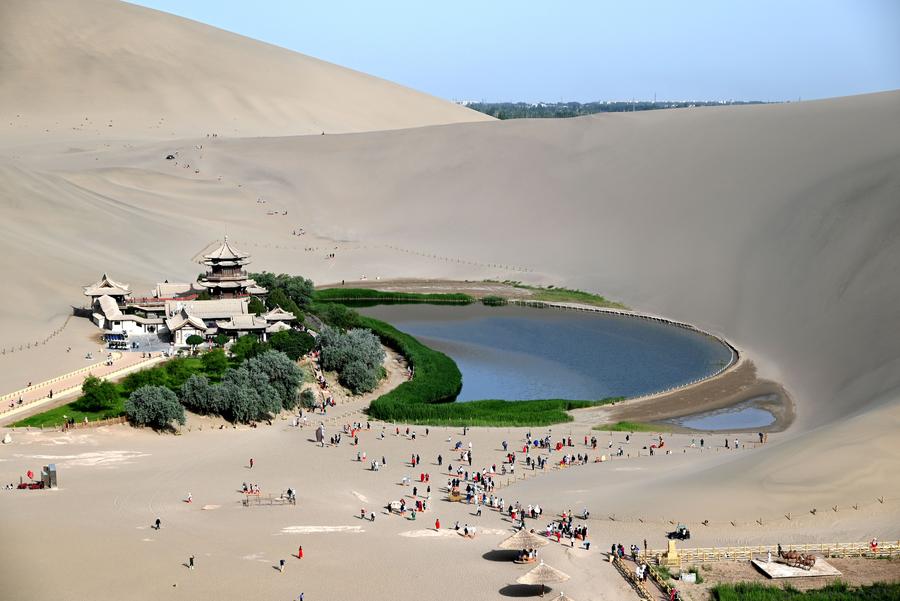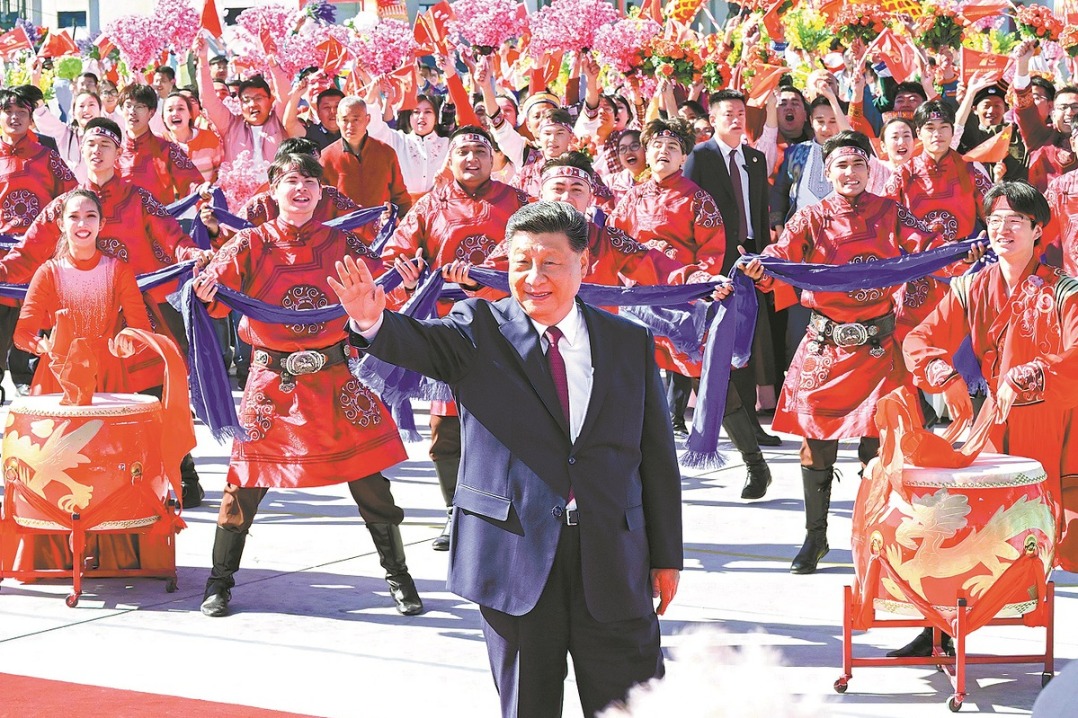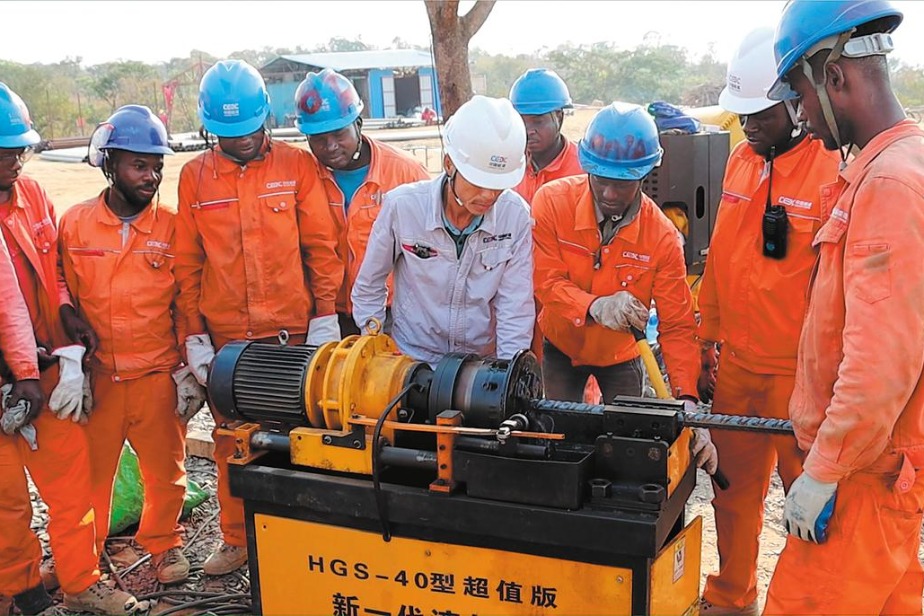Experts hail China's eco-achievements


Experts from around the world on Wednesday acknowledged China's achievements in balancing economic growth with environmental protection, highlighting the importance of sharing and cooperation to strengthen global biodiversity and sustainability.
"China has 34 global biosphere reserves, ranking first in Asia, and they are excellent examples that demonstrate the objective of the Man and the Biosphere Programme: it is possible to have good nature and development for the community," said Antonio Abreu, director of the Division of Ecological and Earth Sciences at UNESCO.
The MAB Programme is an intergovernmental scientific initiative aimed at establishing a foundation for fostering a harmonious relationship between humans and their environments. The 5th World Congress of Biosphere Reserves, convened by UNESCO every 10 years, provided a platform to evaluate progress, exchange experiences and chart future directions for the program.
The event, which was held from Monday to Thursday in Hangzhou, Zhejiang province, drew around 4,000 participants from more than 150 countries.
Abreu, who is also secretary of the MAB Programme, said this year's congress, which was held in Asia for the first time, confirmed its global relevance and served as a tribute to China for its investment in demonstrating harmony between humans and nature.
As the host city, Hangzhou stood out as "a globally renowned high-tech innovative hub", showing that "conservation is not an old-fashioned thing, but can be done along with technology," he said.
Hans Dencker Thulstrup, chief of section for UNESCO's MAB Networking, echoed Abreu's views, noting that "China has been one of the leading and pioneering countries in the MAB Programme."
"The linkage between scientific research, the management of the sites and the application of new technologies, like artificial intelligence and space-based technologies, makes China's performance in creating biosphere reserves so strong," Thulstrup said, adding that the nation's ecological civilization concept aligns with the program's goals.
Recalling his work at a UNESCO office in Beijing between 2013 and 2017, Thulstrup said he witnessed rapid economic growth, accompanied by a growing awareness of the need to balance that growth with environmental protection.
He cited large-scale ecological restoration projects in the Inner Mongolia autonomous region aimed at recovering land and stopping desertification. Those efforts, he said, "demonstrate a strong connection between a very solid scientific research basis and the ability to implement at a large scale. This is a very valuable experience for China and other countries."
Thulstrup stressed the importance of collaboration among nations and people in addressing global challenges, calling for the sharing of data, methodologies, technology and practical experiences to enhance collective efforts.
Liette Vasseur, a professor of biology and environmental sciences at Brock University in Canada, also underscored the value of cross-border cooperation, drawing on her decades-long collaboration with Chinese universities and institutions in botany.
Reflecting on her experiences since first visiting China in 1997, Vasseur noted the country's progress from its early development stages to its current pursuit of sustainable development.
She attributed China's advancements in sustainable agriculture, biodiversity and environmental conservation to the government's commitment and its ability to inspire and motivate the population.
She added that although different countries have their own situations, they can share experiences and learn exemplary practices from others. "We are all a family in the end," she said.
Dominic Mundrugo Ogo-Lali, deputy secretary-general of the Uganda National Commission for UNESCO, said Uganda faces ecological and environmental challenges driven by rapid population growth, which is steering the country's economic development away from a sustainable path.
He said Uganda has received substantial assistance from China in areas such as education through UNESCO projects. Given that China also has a huge population, he suggested Uganda could learn from China's experience and expressed hope for future collaboration in environmental restoration and biodiversity protection.
limenghan@chinadaily.com.cn






































